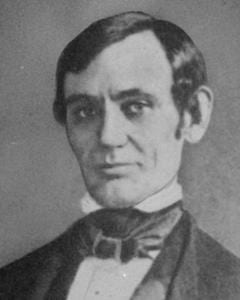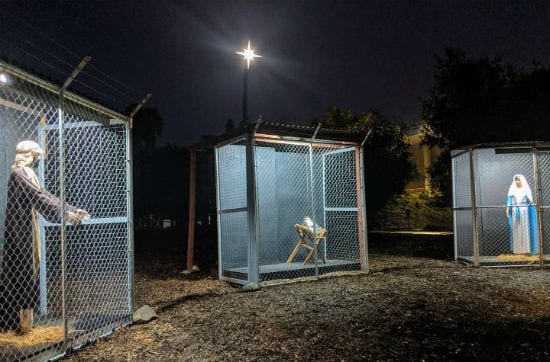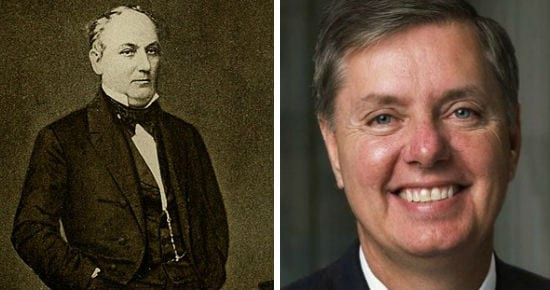Thanks to Buzzflash I find this item from the Australian press. Aussie investigative reporter John Pilger cites both U.S. Secretary of State Colin Powell and National Security Adviser Condoleezza Rice arguing — in early 2001 — that Saddam Hussein's Iraq does not pose a threat to his region or to the world.
"Hmm," I think, "This is strong stuff. Pilger's really been doing some digging."
But then I learn — via Atrios, via Lean Left — that the Powell speech Pilger "uncovered" is available in full at the State Department Web site.
Here's Colin Powell, two years before his dubious speech to the U.N. Security Council:
The sanctions exist … for the purpose of keeping in check Saddam Hussein's ambitions toward developing weapons of mass destruction. … And frankly they have worked. He has not developed any significant capability with respect to weapons of mass destruction. He is unable to project conventional power against his neighbors.
That was on Feb. 24, 2001. Two months later, according to Pilger, Condoleezza Rice said: "We are able to keep his arms from him. His military forces have not been rebuilt."
The context for both of these statements seems to be a defense of the U.N. sanctions against Iraq. It might be fruitful for a journalist (or blogger) to collect and peruse everything the Bush administration had to say during 2001 in defense of that sanctions regime. Their main line of argument seems to have been "The sanctions are working — Saddam Hussein has no WMD and poses no threat."
A year later, when the administration's goal was no longer merely maintaining sanctions, but a full-scale invasion of Iraq, they argued precisely the opposite. Saddam has WMDs. He poses a threat.
It is hard to interpret such a complete reversal charitably. The administration really only has three options for defending this apparent contradiction. 1) They could argue that between April 2001 and January 2003 the sanctions suddenly failed utterly and Saddam Hussein went on a buying and building spree, going from no threat to a dire threat in less than 20 months. 2) They could argue that their assertions in 2001 were based on flawed intelligence — that contra the reassurances of Powell and Rice, the sanctions were useless and Iraq remained a threat all along. This doesn't so much defend the contradiction as acknowledge and accept it. 3) They could argue that while nothing may have changed in Iraq, the world had changed because of the Sept. 11 attacks.
The administration has, in fact, argued a mixture of Nos. 2 & 3 above. Secretary of Defense Donald Rumsfeld has said that America had gained no new evidence about the threat posed by Iraq since 9/11, but that the attacks made us view the old evidence in new ways.
This line of argument is only compelling to the extent that their earlier statements were flexible and open to broader interpretation. But Powell's statement — "He has not developed any significant capability with respect to weapons of mass destruction. He is unable to project conventional power against his neighbors." — leaves very little wiggle room.
Still, if you get down really low, really close to the ground, and you kind of squint, then a molehill almost does look like a mountain. Maybe even like a cassus belli.
But you've got to get really low and squint really hard.












